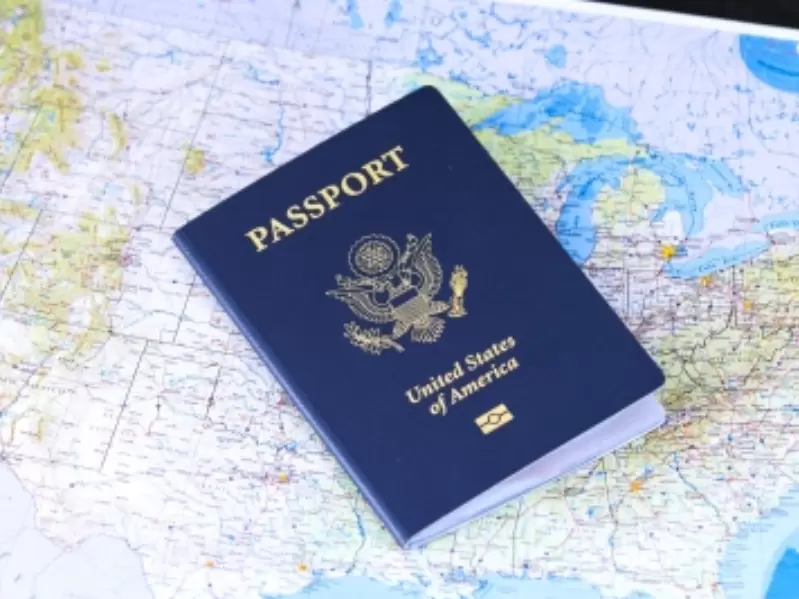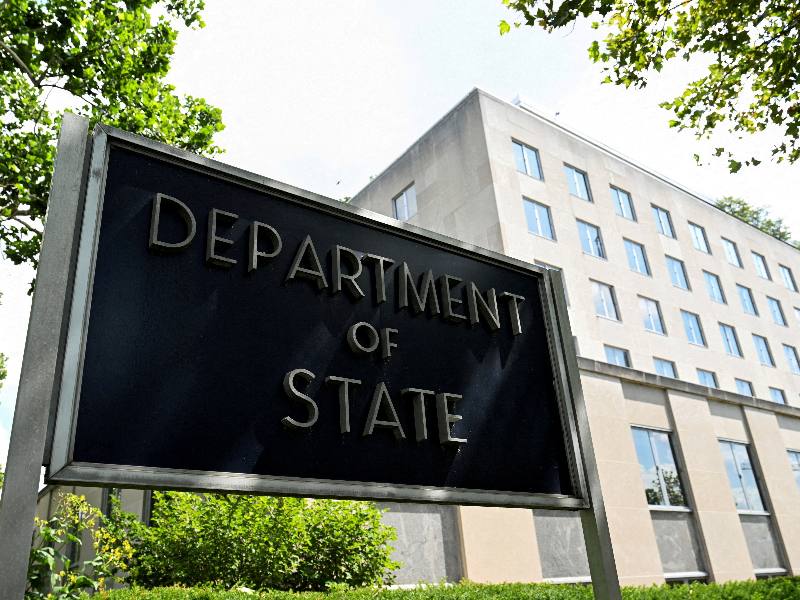ADVERTISEMENT
POP
See MoreCommunity
See MoreTexas Republican faces criticism over ‘no temple’ remark
The remark drew an online response from an entrepreneur who warned of possible political consequences in Texas.
-
The webinar was held virtually and brought together diaspora business leaders from all across the world to reflect on the...
-
The Hindi poetry symposium included videos invited from all across Fiji.
-
The day marks Mahatma Gandhi's return to India from South Africa in 1915, a moment kicking off a new phase...
ADVERTISEMENT
Videos
View AllOpinion
See MorePeople
See MoreKhyati Joshi headlines husband John Bartlett's campaign
Joshi is a prominent community leader and will play a key role in swinging the Indian-American community's support in Bartlett's favour.
-
The Indian American economist from YSU will oversee a select portfolio of manuscript submissions within his areas of expertise.
-
The medal, awarded annually since 1824, is the highest recognition given by the society.
-
The UN body said Gadgil’s work shaped environmental policy and conservation efforts in India for decades.
ADVERTISEMENT
Entertainment
See More-
Dhillon took to Instagram to share a series of photographs capturing the trio in high spirits during the muddy escapade.
-
The actor added, “Watching these young singers perform with such honesty and fire is truly inspiring. They remind me that...
-
The film’s entry into the Oscars 2026 contention list reflects...
-
Big B is quite active on social media and often...
-
ADVERTISEMENT
Immigration
See More-
VFS Global advised its applicants to note the revised address.
-
The debate is being held as part of The Hamilton Society’s Debate XI series.
-
The extent of the revocations reflects the broad immigration crackdown...
-
Undercover probe alleges Komal Shinde sold fake UK visas with...
Food
See More-
The restaurant aims to bring Italian-American classics to the Metroplex
-
The preservatives included nitrites and nitrates, which are often used to cure ham, bacon and sausages.
-
An Indian origin woman living in Canada shared her experience at the celebrity chef's New York restaurant, Bunglow.
-
Kapur attributed unhealthy outcomes largely to lifestyle choices.
-
India exported about 800 metric tons of foxnuts in 2024–25...
-
Instagram content creator Anushk Sharma shared a heartfelt review of...
-
The new Newark Avenue outlet expands South Indian dining options...
-
Chef came to Dallas on a very short visit over...
SPORTS NEWS
See MoreEarlier, FIFA had estimated that the upcoming tournament would potentially...
Chasing a daunting target of 193, the Mumbai Indians showed...
Grace Harris smashed an extraordinary 85 runs from 40 balls...
Kohli led the chase as he went past Sri Lanka's...
News
See More-
ADVERTISEMENT
Please enter something
- Asian Americans
- Biz
- Books
- Canada
- Community
- Culture
- Dating
- Diplomacy
- Diwali
- Editor picks
- Editorial
- Explainers
- Fashion
- Features
- Food
- Immigration
- India
- India Decides '24
- India Independence Day
- Letters to the Editor
- Life
- Maha Kumbh
- Movies+
- News
- Opinion
- People
- Ram Mandir
- Reviews
- Sports
- Spotlight
- Tech
- Travel n’ Diplomacy
- Trump 2.0
- UK Votes 2024
- US Elections 2024
- USA
- West Coast




























